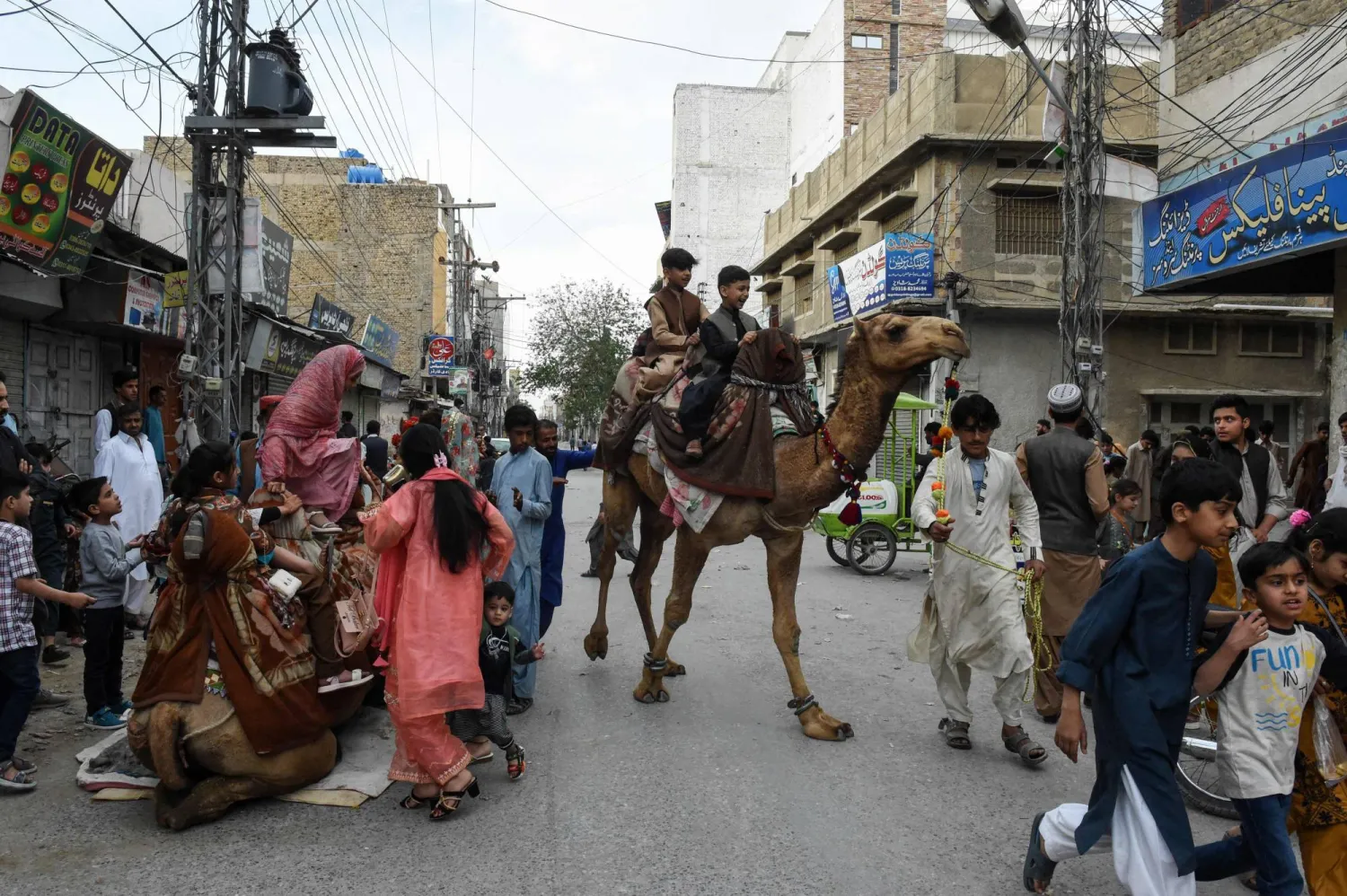Security forces are searching for gunmen who killed eight people after abducting them from a bus on a highway in southwestern Pakistan, a police official said Saturday, Earlier, the same attackers killed two people in another car they forced to stop.
No one has claimed responsibility for the Friday night attack in Baluchistan province, which has long been the scene of an insurgency by separatists fighting for independence.
Deputy Commissioner Habibullah Mosakhail said the gunmen set up a blockade, then stopped the bus and went through the passengers’ ID cards. They took eight people with them, all from the eastern Punjab province, fleeing into the mountains, he said.
Police later recovered eight bullet-ridden bodies under a bridge about 5 kilometers from the highway. Earlier on Friday, the same gunmen had opened fire at a vehicle that failed to stop for their blockade, killing two and wounding six.
A search for the perpetrators was underway, Mosakhail said. The bus was heading from the provincial capital of Quetta to Taftan, a town bordering Iran.
Pakistani Prime Minister Shehbaz Sharif condemned the attack, expressing his “deep sorrow and regret over this shocking incident.” He offered his condolences to the families of the victims and said he stood by them in their hour of grief, according to a statement from his office.
“The perpetrators of this incident of terrorism and their facilitators will be punished,” Sharif said.
Ethnic Baloch insurgents have previously claimed responsibility for similar killings in the region, which is home to deep-water Gwadar sea port being developed by neighboring China. The insurgents have also targeted Chinese nationals and their interests.









